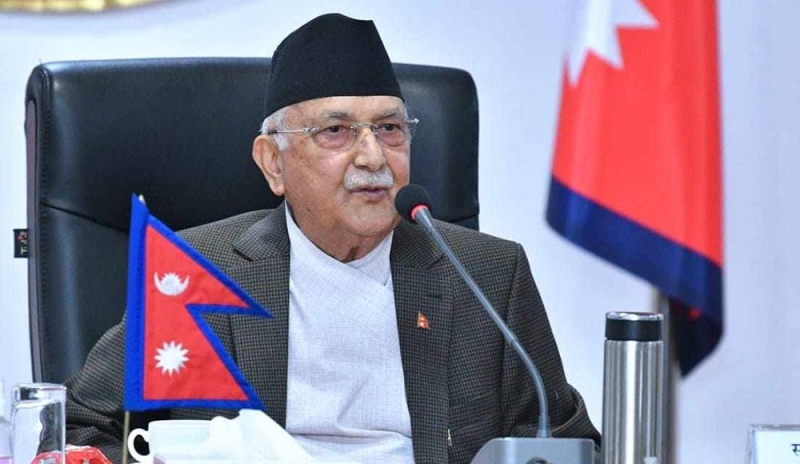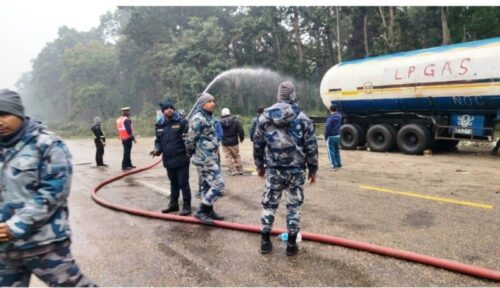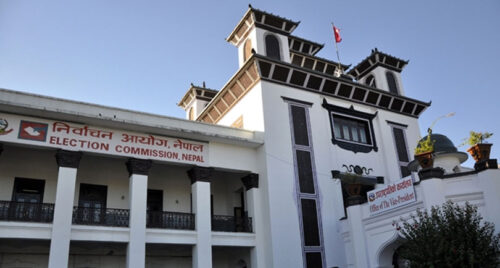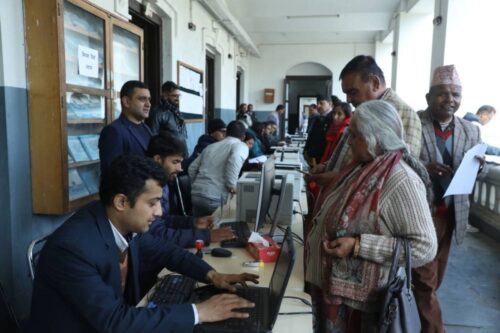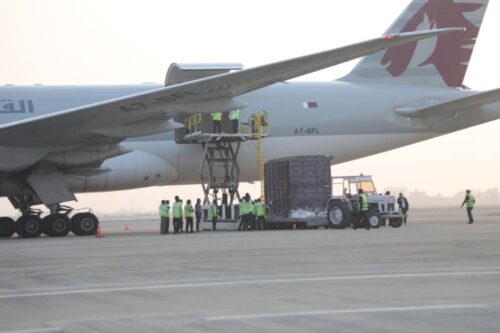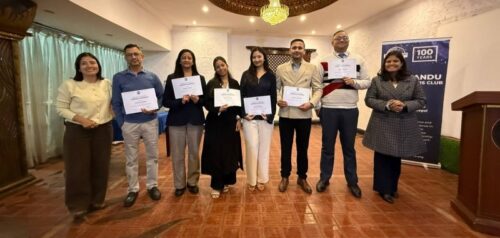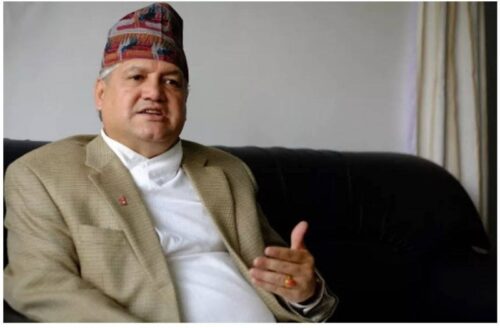Prime Minister KP Sharma Oli’s decision to attend the commemoration of the 80th anniversary of the Victory of the Chinese People’s War of Resistance against Japanese Aggression and the World Anti-Fascist War, during his forthcoming visit to China has evoked strong reactions from foreign policy experts and former diplomats.
Prime Minister Oli will attend the commemorative event during his visit to China from August 30 to September 3. Chinese President Xi Jinping has invited him to attend the Shanghai Cooperation Organisation Summit (SCO).
The experts feel that Prime Minister Oli’s decision runs the risk of hurting Nepal’s diplomatic ties with Japan, which happens to be one of the key development partners of Nepal. Japan has already urged European and Asian countries to refrain from attending the military parade and other such events in China as it will portray Japan in negative light.
They also fear that it may cast a shadow over Nepal-Japan relations, which of late has been on an upswing owing to the increasing number of Nepalis working and studying in Japan.
When contacted, the spokesperson of the Japanese Embassy in Nepal declined to comment on the issue.
Political analyst Chandra Dev Bhatta said that Nepal should remain neutral when China does anything to portray Japan in a negative light. As Nepal is a dialogue partner of the SCO, its participation in the SCO meeting is natural.
“India is also attending SCO but as far as the military parade is concerned, it is not beneficial for Nepal to take part in events that Japan has objected to,” Bhatta argued.
He said China and Japan were actors of global geopolitics, struggle and hence it would not be a wise decision for Nepal to be part of such an event.
Foreign policy expert and Nepal’s former foreign minister Ramesh Nath Pandey said that foreign policy is a serious business and should be handled with great care. As Nepal is placed in a sensitive geo-political location, it should show maturity and restraint while addressing global issues.
“If we fail to ignore sensitivity and overuse narrative, it could lead dire consequences,” he said, adding that Nepal’s foreign policy was getting mired in a most disadvantageous situation.
Another foreign policy expert, on condition of anonymity, said that PM’s participation in the military parade in China could antagonise Japan, USA, and western democracies and even India. “Who won the World War II? Is it China?” he wondered. The source also said that during World War II, Nepali troops fought alongside the British and that fact must be taken into account.
The source also said that since Nepal is only a dialogue partner to SCO, a lower-level delegation could have attended the summit instead of the prime minister.
It is estimated that the number of Nepali nationals living in Japan was 233,043 as of December 2024, according to the Japanese Embassy in Nepal.
Japan assists Nepal in Nepal’s socio-economic development through bilateral grants, low interest loan, multilateral aid and technical assistance. The major areas of Japanese cooperation to Nepal include human resource development, health, agriculture development, infrastructure development, environment protection and culture, among others.
Meanwhile Japan’s Kyodonews.net reported that Japan seeks to prevent China’s interpretation of history from spreading, with the parade slated to be held in Beijing’ Tiananmen Square on September 3 to commemorate what Beijing calls its victory in the 1937-1945 ‘War of Resistance against Japanese Aggression’ and ‘World Anti-Fascist War’.
The news portal reported that Japan conveyed to other nations through its embassies abroad that China’s commemorative events have anti-Japanese overtones and that the participation of leaders should be carefully considered.
Russian President Vladimir Putin is expected to attend the summit meeting and the other war anniversary events, according to kyodonews.net. Most of the democratic countries and western democratic countries, are however, expected to skip the military parade.
Last week, the State Council, People’s Republic of China quoted Assistant Foreign Minister Liu Bin quoted as saying that leaders from more than 20 countries and heads of 10 international organisations will attend the SCO Summit 2025, which will be held in Tianjin from August 31 to September 1. The list does not include the leaders from western democratic countries.
Yesterday, when Chinese Foreign Ministry Spokesperson Guo Jiakun was asked in Beijing to comment on Japan’s move to urge other nations not to attend the military parade, he said China noted this and has lodged protests with Japan and asked for clarification.
The Chinese government has said it will host the commemorative events marking the 80th anniversary of the victory of the Chinese People’s War of Resistance against Japanese Aggression and the World Anti-Fascist War, ‘to remember history, honour the martyrs, cherish peace and usher in a brighter future’. “Countries that face up to history honestly and sincerely, learn from history, and truly commit themselves to peaceful development will not have misgivings about the events or even raise objection,” Guo said.
Every year a large number of Nepali students go to Japan to pursue higher studies and learn the Japanese language. The number of Nepali students studying in Japan ranks in top three among foreign students.


